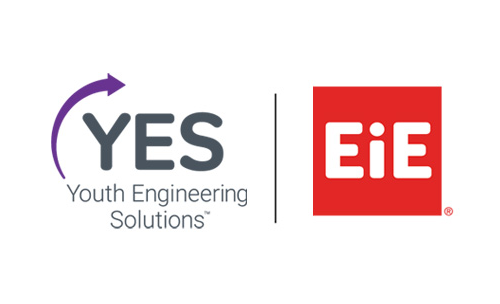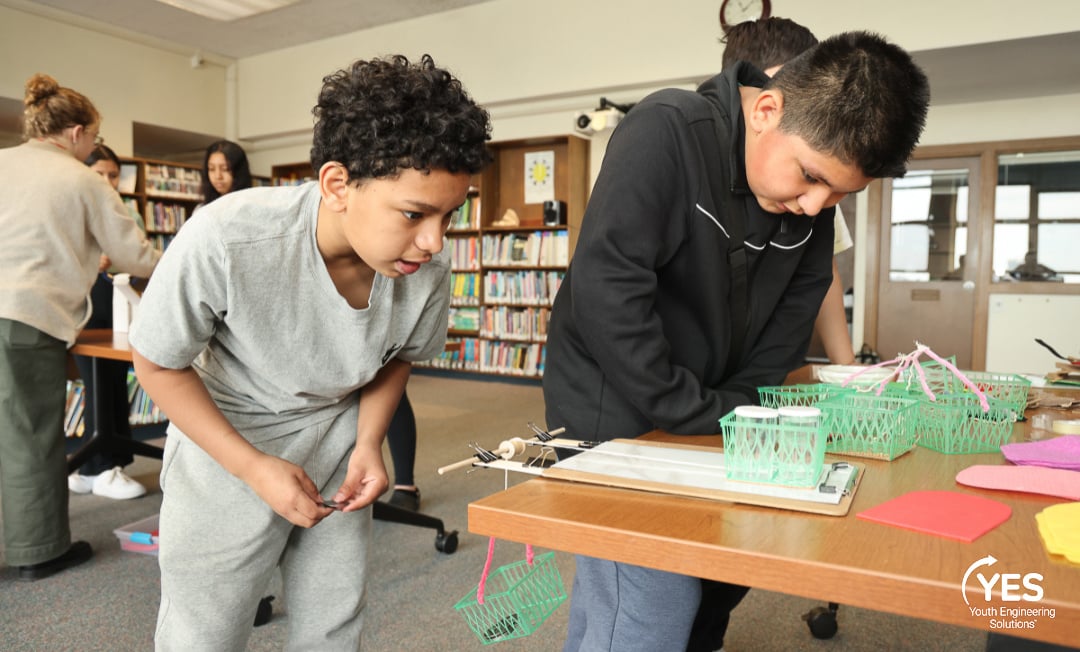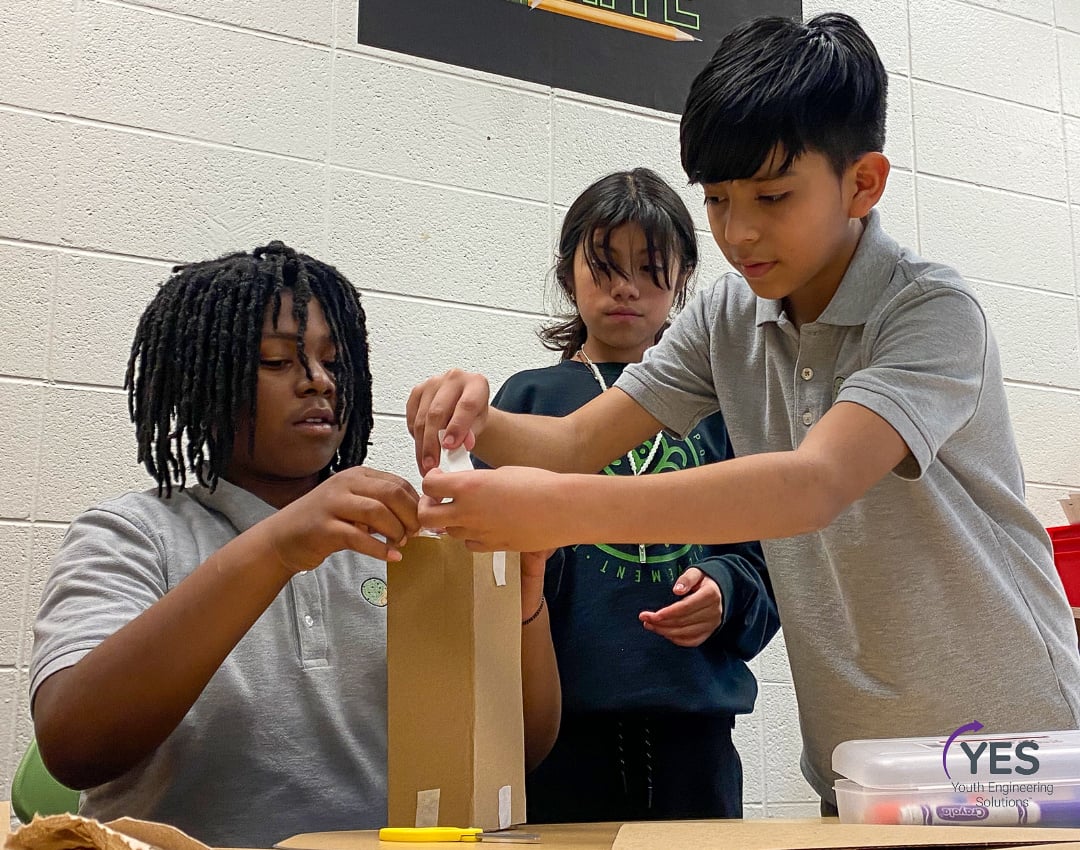In the wake of the global Covid-19 pandemic, educators, families and students of all ages had to manage the sudden shift to distance learning. With many schools now deciding whether they’ll be holding in-person classes in the fall, we thought it would be best to start preparing for the possibility of more distance learning and find tools for everyone to succeed.
The switch to distance learning was disruptive for many of us. For our students, the impact can mean gaps between the skills they developed in the spring and our expectations for their educational development in the fall. We spoke to a group of educators to get their suggestions for preventing long-term skill gaps.
These solutions were thought of with educators for grades K-12 in mind. As part of our ongoing series on distance learning, we also have resources for creative distance-learning solutions and a list of organization and collaboration tips for educators preparing for a socially distant fall semester!
If there’s something you or other educators are planning for your students this fall as you navigate distance or partial-distance learning together, or any problems you’re still looking for solutions for, we’d love to hear about them in the comments below!
Review Spring Semester - Most Fall semesters tend to devote at least some time to reviewing topics from the previous Spring but in this coming school year, scheduled time for review will be especially important. The amount of time needed to cover the topics from Spring semester will vary based on topic and age group, but some teachers are planning upward of twice as much review to make sure students are all on the same page.
Assess for Skill Gaps - The best way to ensure your review is thorough and covers necessary topics is to assess your students when you all return to the classroom - don’t wait for problems to appear. One of your early projects or assignments in the Fall semester can cover relevant topics from last Spring and look for areas for growth, or your students can complete more traditional skills tests.
Check Your Accommodation Policy - When it comes to calculators, computers and other accommodation tools in the classroom, what’s your policy? What resources do your students have access to? Try to focus on key concepts instead of memory requirements and allow learners to ask for the tools or reference materials they need to succeed.
Make Buddy Systems or Class Groups - The right mix of students will depend on your classroom style and subject, but consider splitting your learners into groups or buddies for study time and projects. Smaller groups work as support systems through complex reasoning questions and can help struggling learners catch up while advanced learners practice leadership skills.








